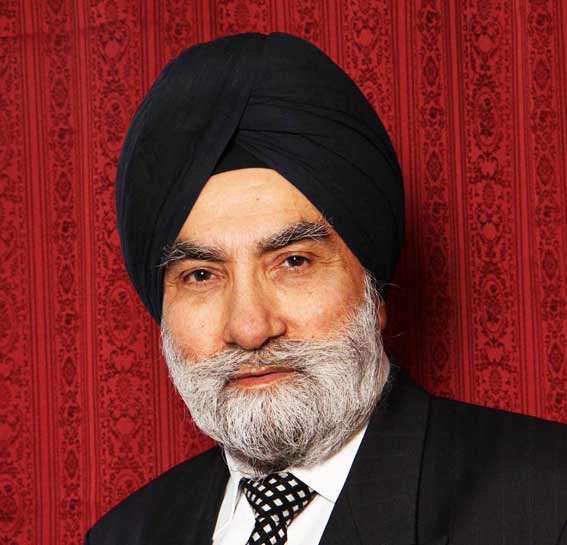About MPs and MLAs Who Change Political Parties Before Next General Election

It was in March 1984, three months before the start of the Third Ghalughara (Sikh equivalent of the 12-year Jewish Holocaust) which would last for nearly 10 years, that I had the opportunity to meet a senior and experienced Sikh politician. He said in conversation that the Akali Party had missed an opportunity at some time or another by not offering incentives for a number of MLAs from opposition parties to cross over to the Akalis. The impression gained was that he was talking about financial incentives. Having lived abroad most of my life, it came as a surprise for me that such financial incentives were not uncommon for political parties to remain in power.
In the UK, there is no compulsion for an MP to stand down or face a by-election if he leaves a party. Former Conservative MP, Natalie Elphicke, defected to Labour on 8th May 2024, She was the 39th MP to change party allegiance during this parliamentary term. However, most MPs leave their party to sit as independents. Sources tell us that there have been 202 cases where UK MPs have changed allegiance since 1979. Just over half (56%) had the whip removed or were suspended, and 43% resigned from their party.
It is true that, over time, ideologies of political parties do change with leaders, Politicians who do not agree with the new policies are fully justified in leaving parties. In the UK, the two main parties, Conservatives and Labour, have changed their core policies over the decades. Many respectable figures in Indian Congress left politics when the party changed. However, they always regarded themselves as true Congress faithfuls and patriotic Indians. Some Akali families in Panjab remain Akali and Panthic but do not support any Akali faction today.
Nevertheless, parties fight elections on the basis of election manifestos which clearly state their intentions, policies and political goals. Elections are won or lost on the basis of these political manifestos. Even independent candidates are elected on the basis of the issues and causes they espouse. For these reasons, in the good old days, it was rare for principled politicians to cross the floor of a legislative assembly of any state in democratic countries. Regrettably, that is not the case these days.
No matter what the reasons, democracy is weakened when elected politicians walk across the floor of a legislative assembly to another party instead of resigning from their party and seat which would allow a by election to take place. When they hang on to their seat as MP or MLA, quite rightly, their motives and honesty are questioned by the public.
According to one study, the perceived trustworthiness of politicians has been attributed to assessments of their competence, commitment, predictability, integrity, benevolence, morality, authenticity and responsiveness. When politicians frequently change loyalties from one political party to another, one view is that political trust, regarded as a sign of good democratic health, is replaced by widespread distrust as a sign of democratic ill health.
2024 is an year of elections in some major democratic countries. The global Sikh focus is also on Panjab and India. Panjab politics is in utter confusion. People have lost their faith in traditional parties and politicians over the last few decades. In the meantime, the Indian political juggernaut keeps moving relentlessly towards an authoritarian state. The future of the country as a democracy remains uncertain.
Gurmukh Singh OBE
Principal Civil Servant retd (UK)